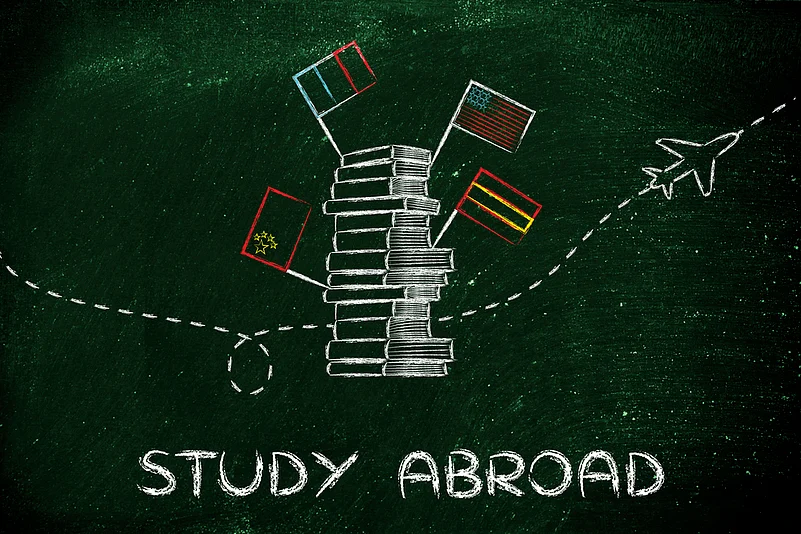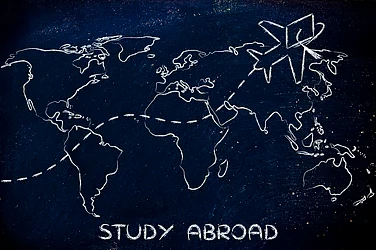Increasing numbers of Indian students are seeking to study abroad, and it’s easier than ever for students to avail a study abroad loan for their education. While a large share of students uses property-backed loans, a rising number of firms like MPOWER Financing offer no-collateral, no-cosigner loans with a quick application process and few required documents.
Fortunately, many of the documents required to apply for a loan are the same as those required for admissions by foreign universities, so preparing for both is simple. Here are five documents that Indian students will need when planning to study abroad.
1. Identification Documents
Lenders and universities both require a passport to verify a student’s identity. But some may also require secondary identification like an Aadhaar, PAN card, or the U.S. or Canadian driver’s license. While obtaining such documents is not difficult, students should make sure that they are easily available during the application process.
2. Education Credentials
When applying to study abroad programs, students will be asked to provide a transcript and diploma from any previous universities or secondary schools they have attended. These documents may also be required by lenders who seek to evaluate the academic potential of their students, so students should make sure to save these documents for the study abroad loan application as well.
3. Test Scores
Foreign universities generally require standardised tests such as the GRE or GMAT for graduate admissions and the TOEFL or IELTS to evaluate English-language proficiency. Specific requirements vary by school and degree program, with waivers being available for students under specific circumstances.
Lenders generally ask for these same test scores so they can assess students’ potential skills. If a school’s admission office waives a test requirement, students should keep documentation of the decision in order to provide it to their lender as well. This is particularly important right now, as Covid-19 has resulted in many schools making unique or alternative-testing arrangements.
4. References and Recommendations
University admissions generally require students to provide two letters of recommendation from academic mentors or employers who can attest to the student’s potential.
Lenders seek references for a different purpose than universities. Even if the lender does not require a cosigner or guarantor, they still need an alternative means to contact students in case they become difficult to reach. Because of this, they may require references who are more personally connected to the student, such as a friend or family member.
5. Financial Documentation
Lenders will require bank statements, scholarship documents, evidence of salary or internship positions, and other relevant financial statements in order to evaluate students’ financial capacity. To make the application process smoother, students should have those financial documents available.
Universities may also require financial statements when granting an I-20 form, which provides supporting information to help students apply for a student visa. Schools and visa officers use this form to verify that students have sufficient funds to cover the cost of their education.
Though specific lenders may add additional requirements for study abroad loan applications, this comprehensive list should cover the vast majority of situations. Students who are well prepared to apply to foreign programs should be similarly well prepared when applying for a no-cosigner, no-collateral loan.
The author is the CFA, Associate Director of Strategy, MPOWER Financing
DISCLAIMER: Views expressed are the author's own, and Outlook Money does not necessarily subscribe to them. Outlook Money shall not be responsible for any damage caused to any person/organisation directly or indirectly.


























